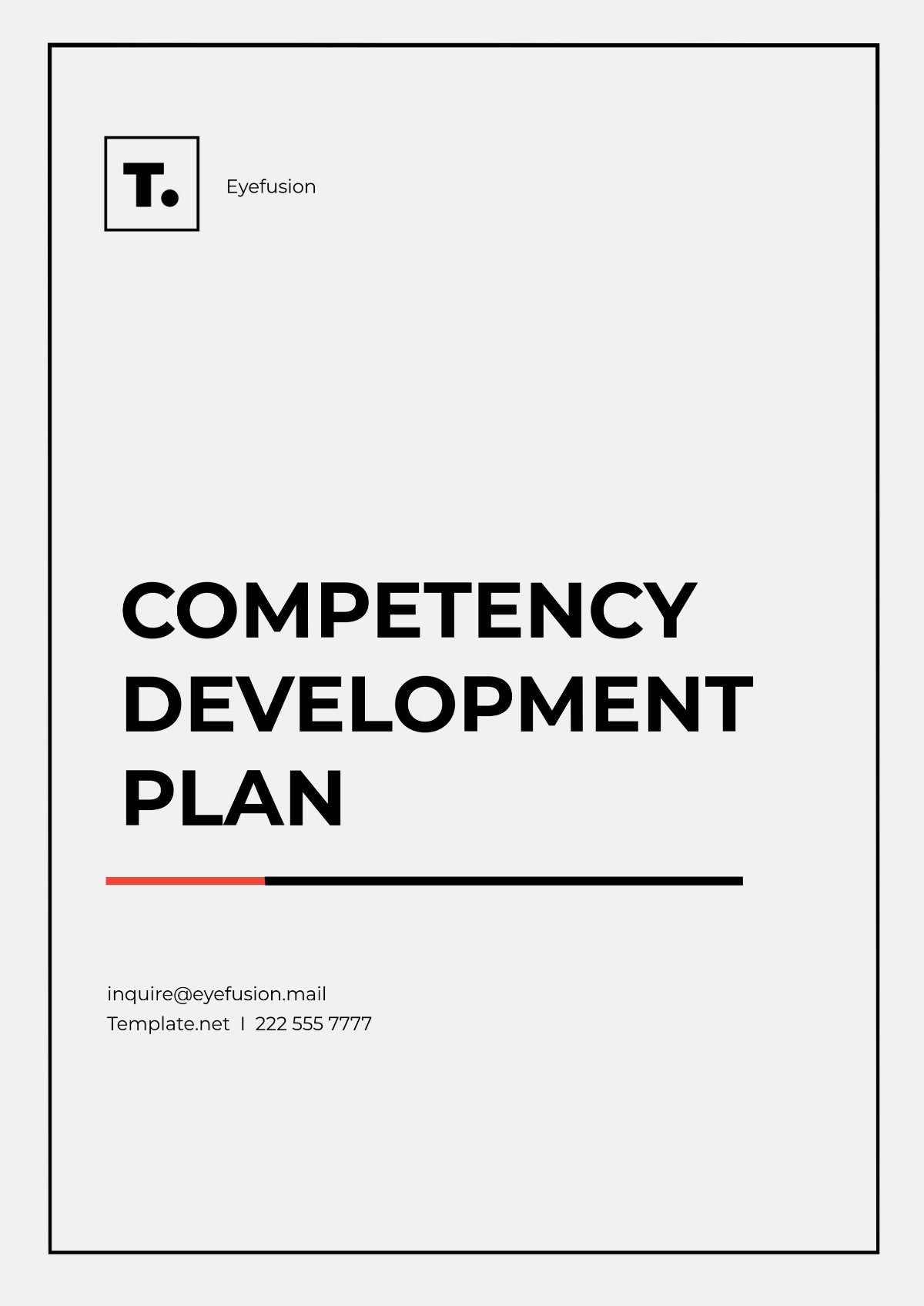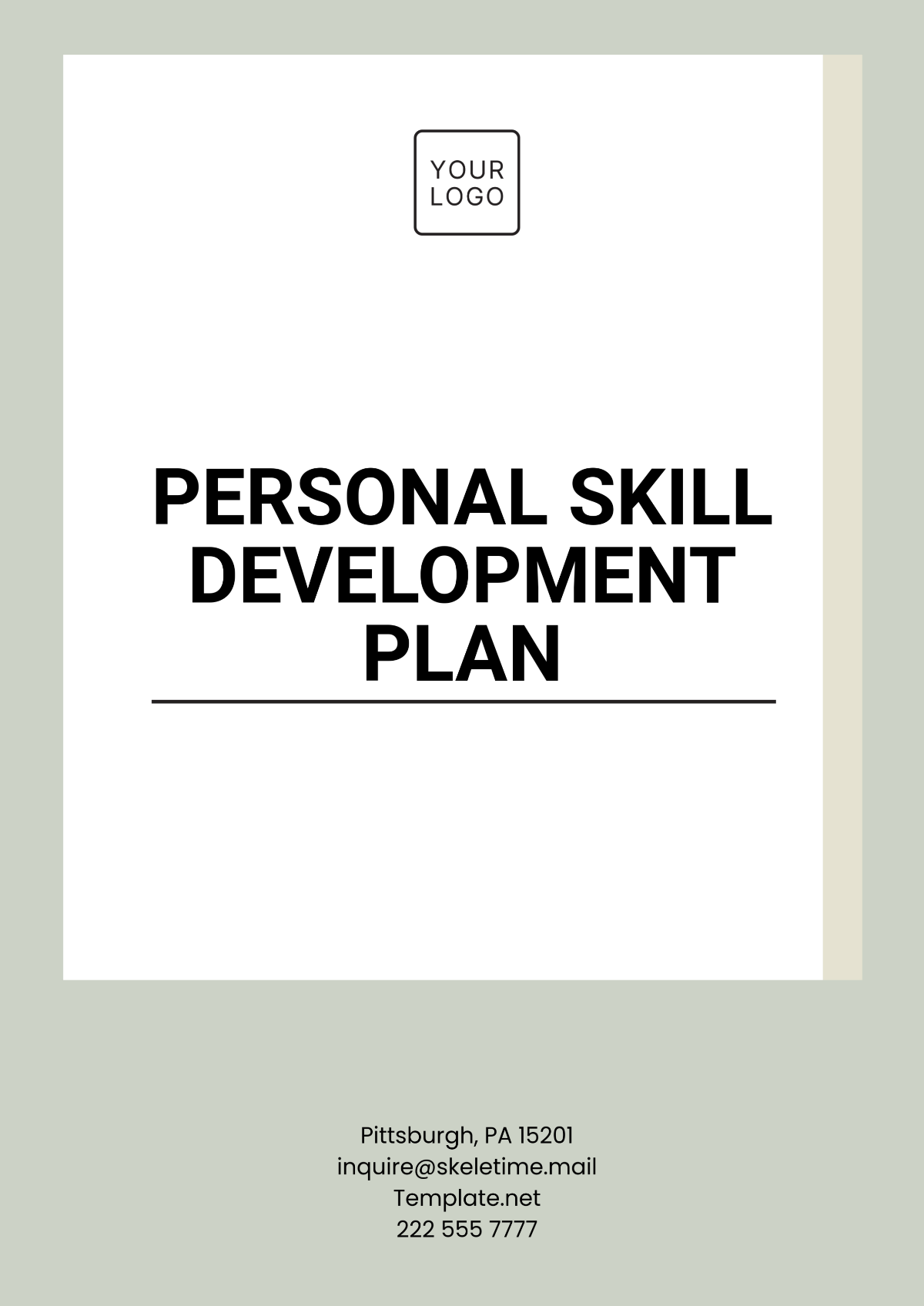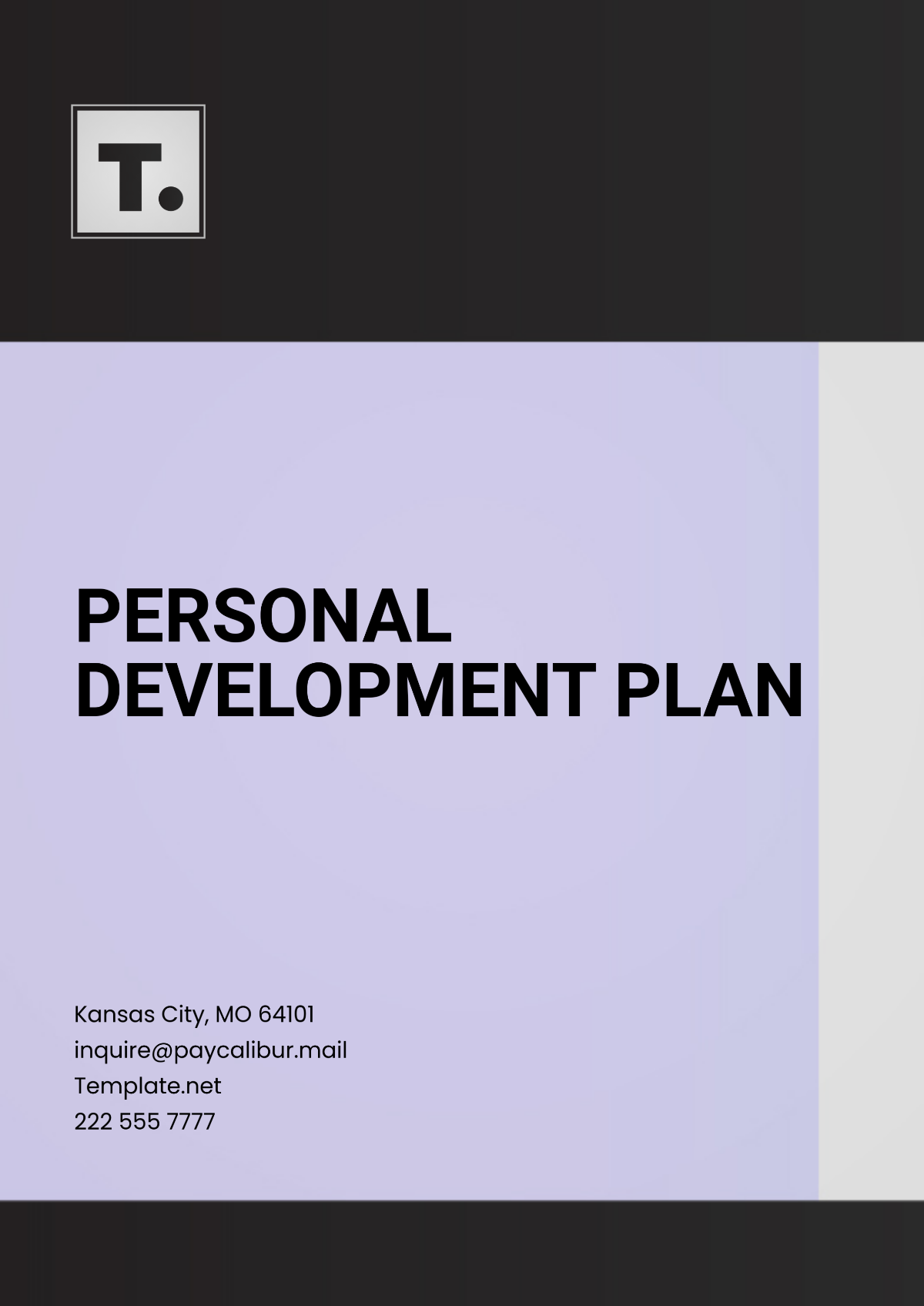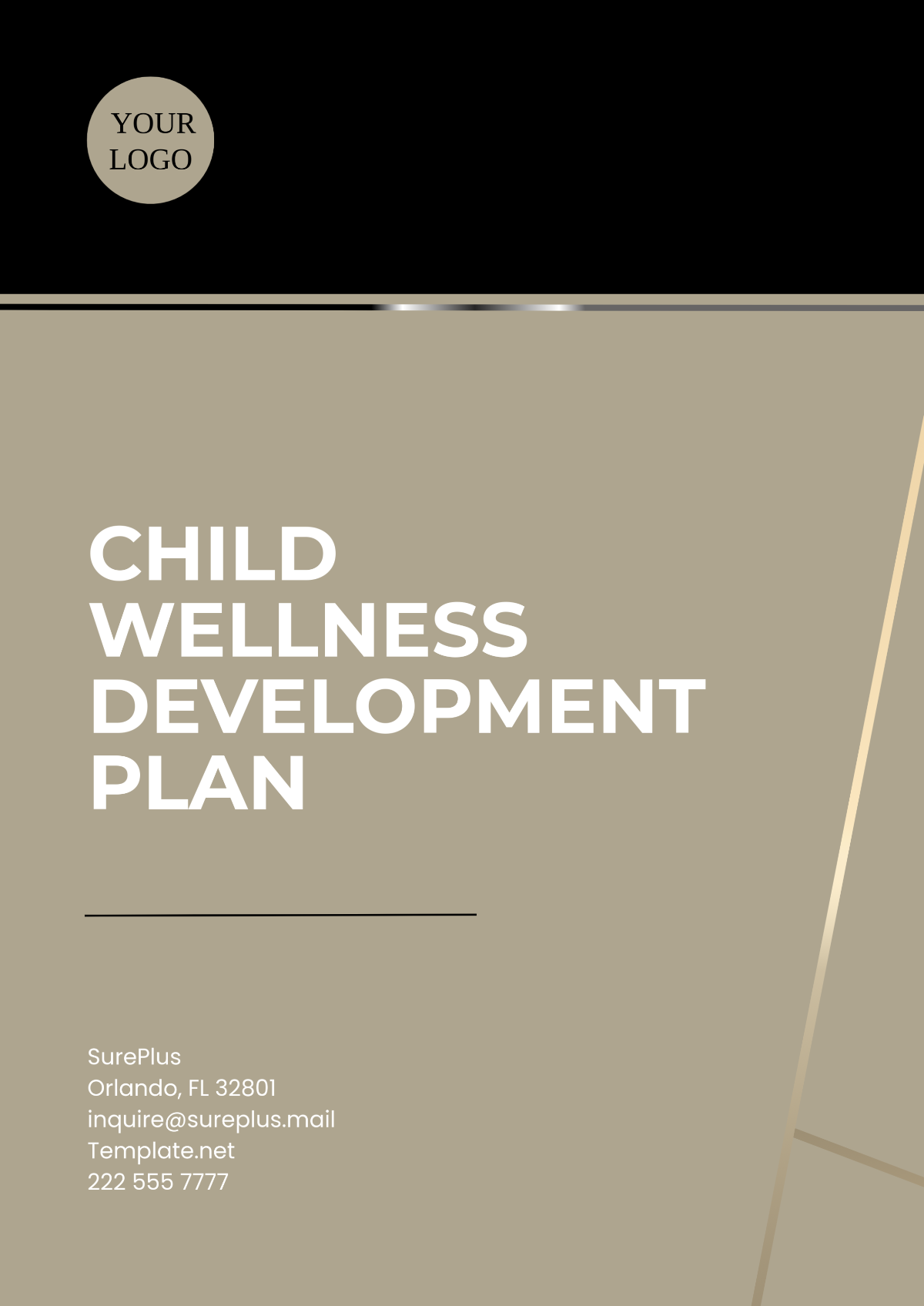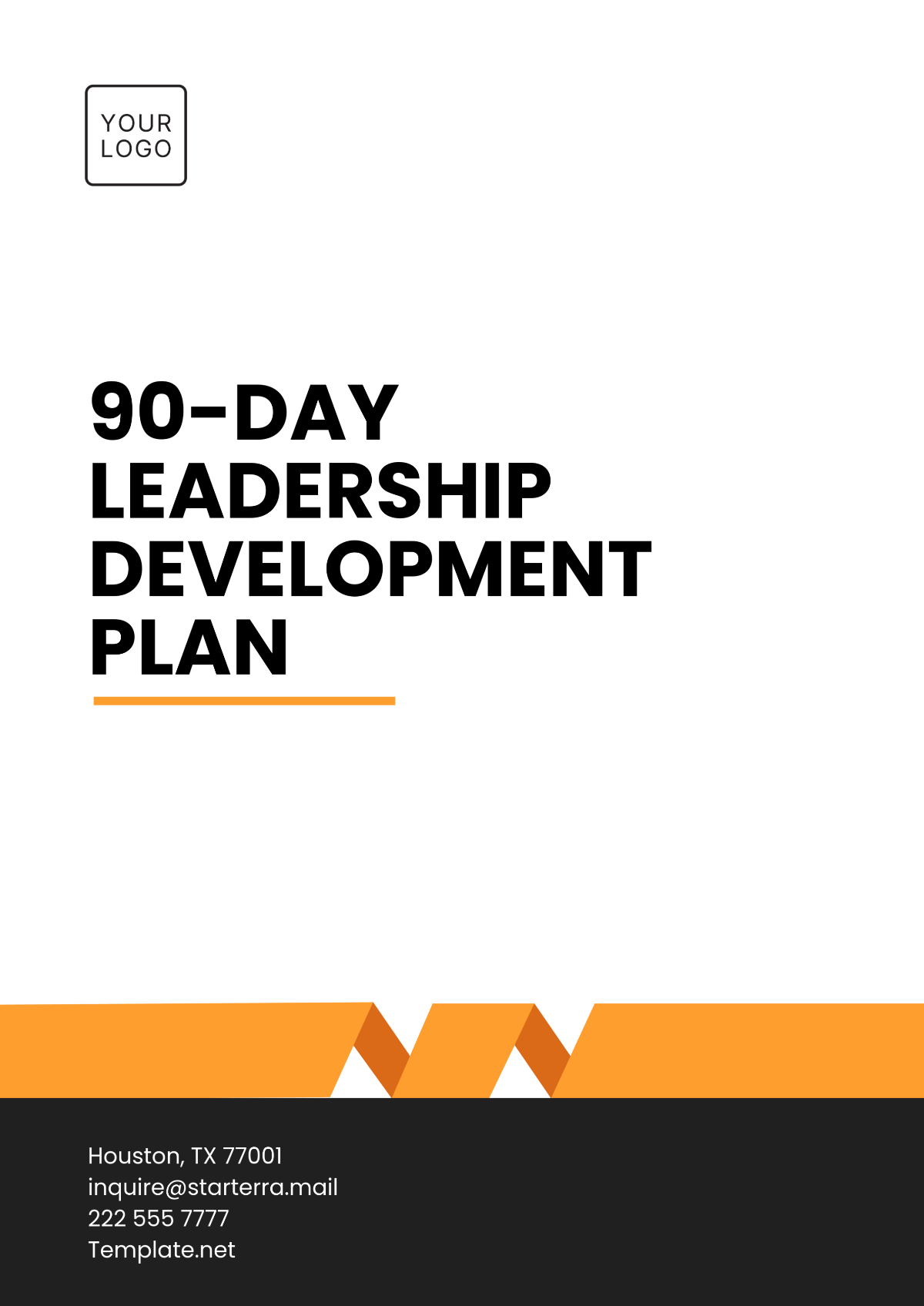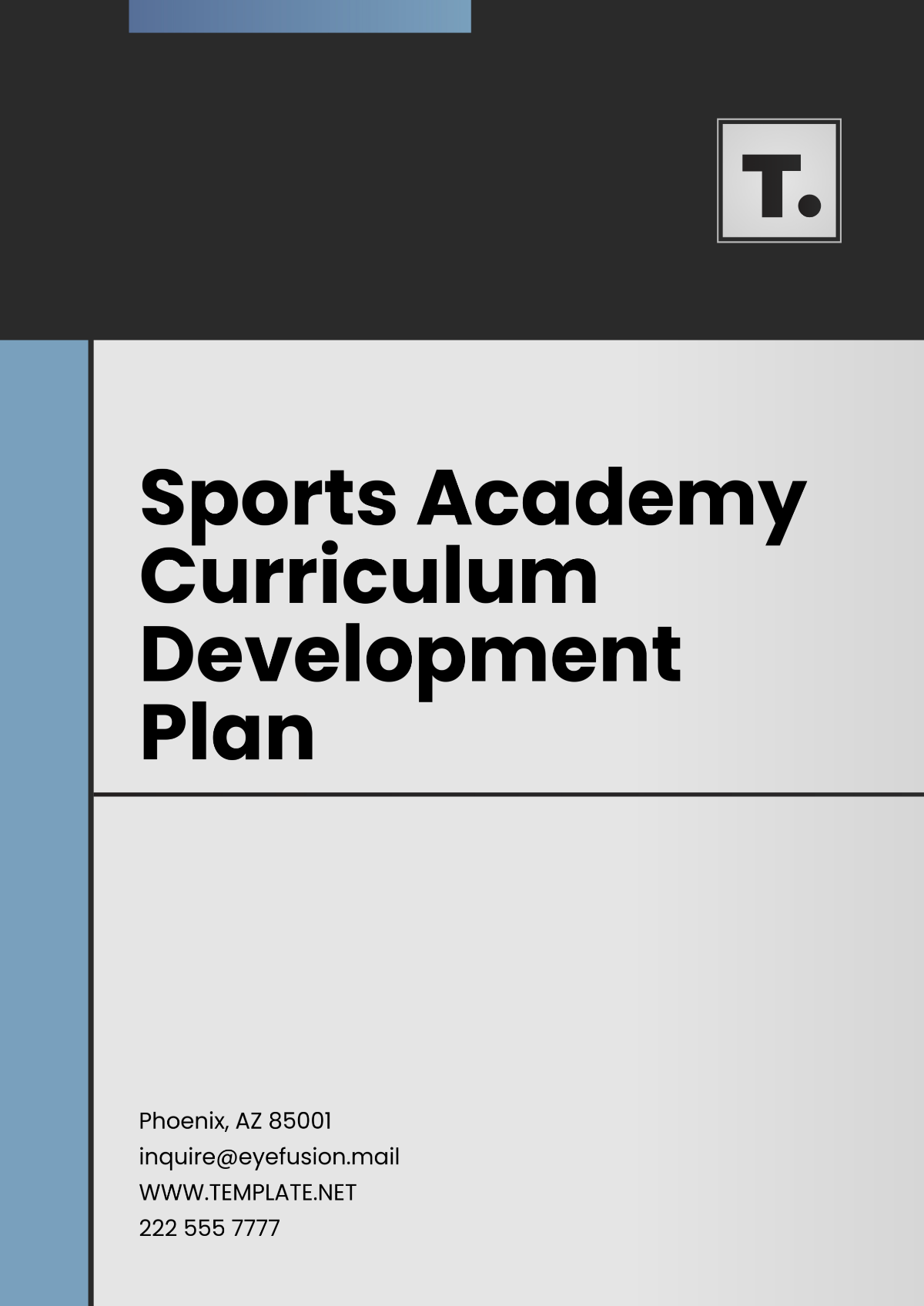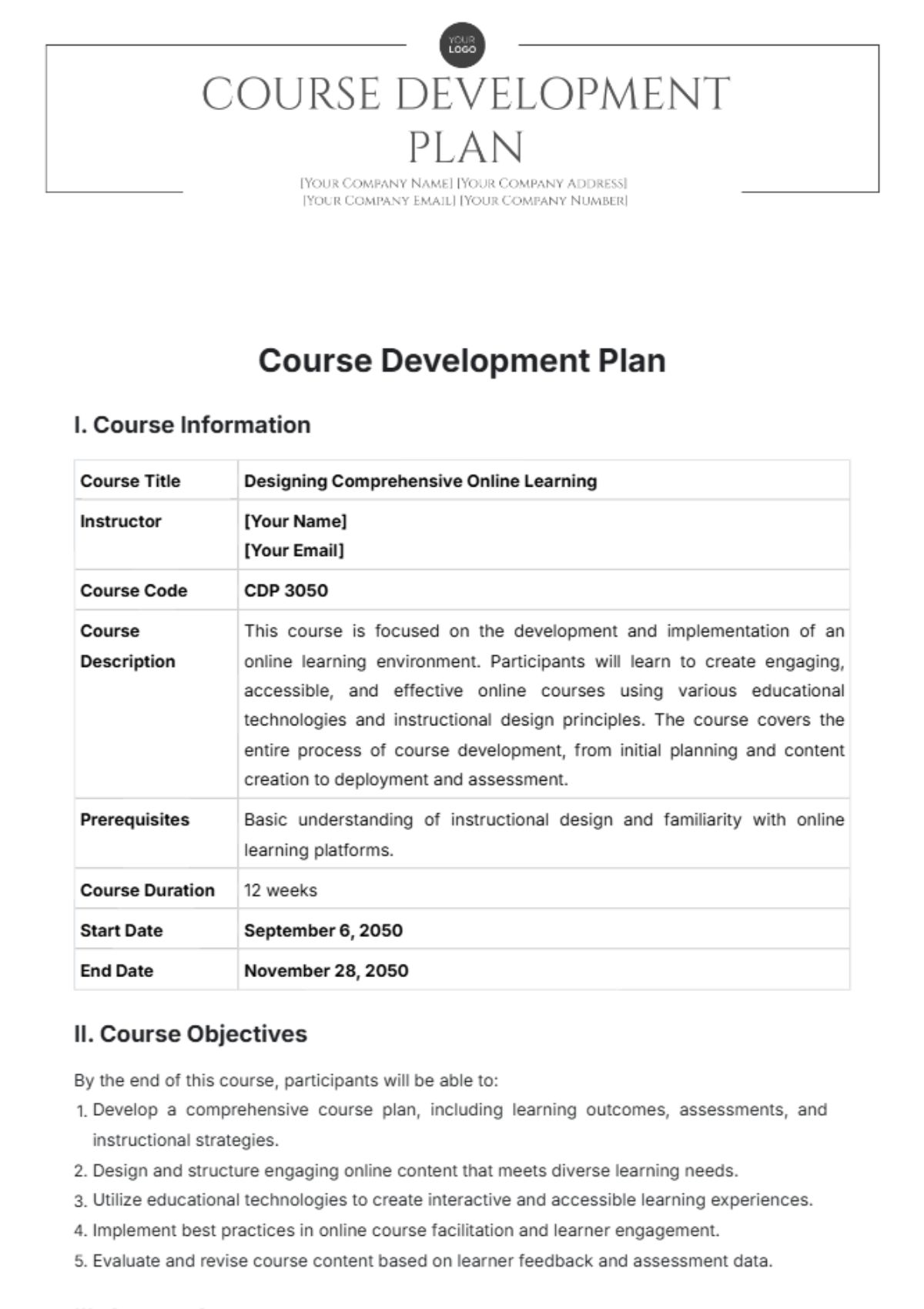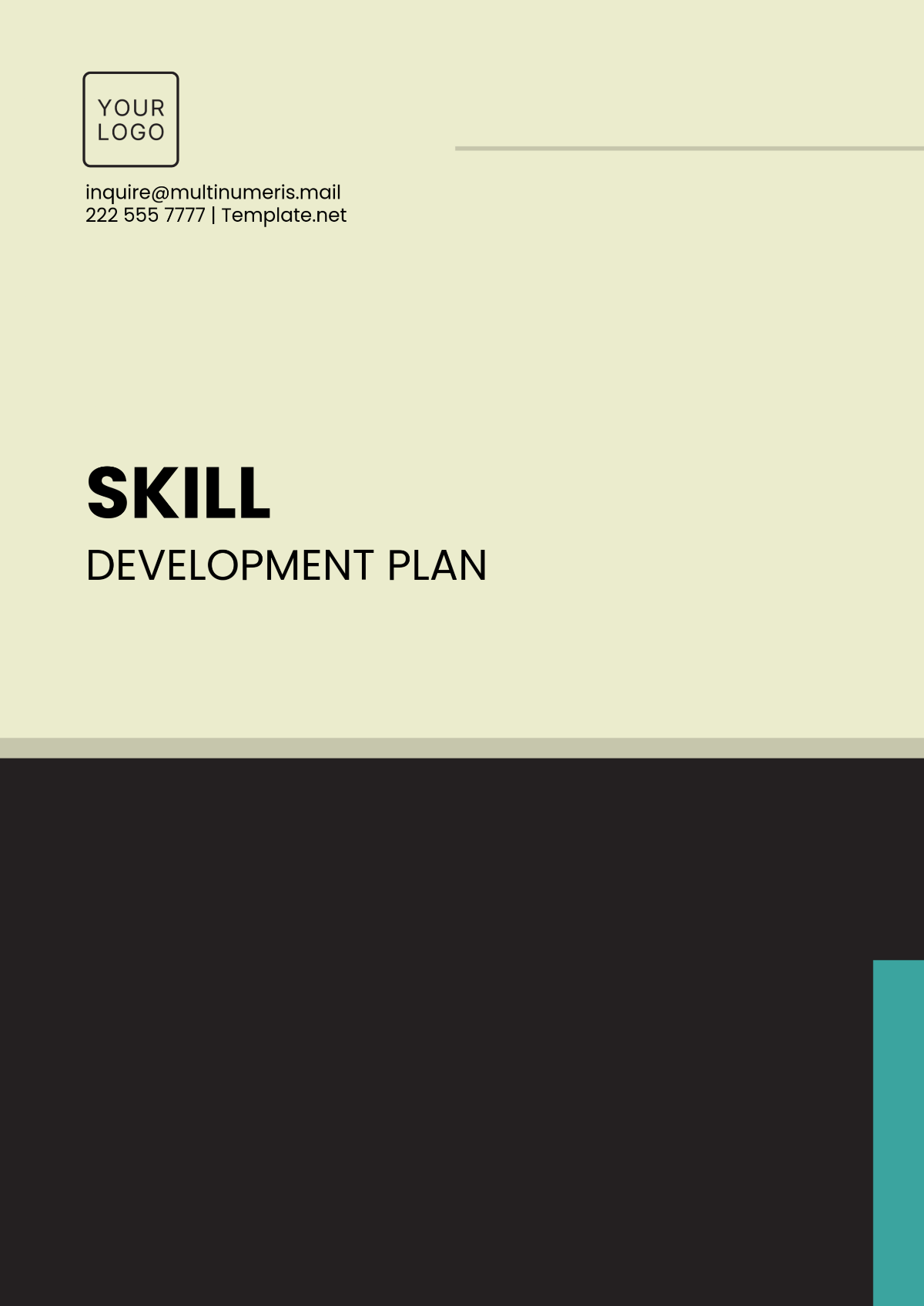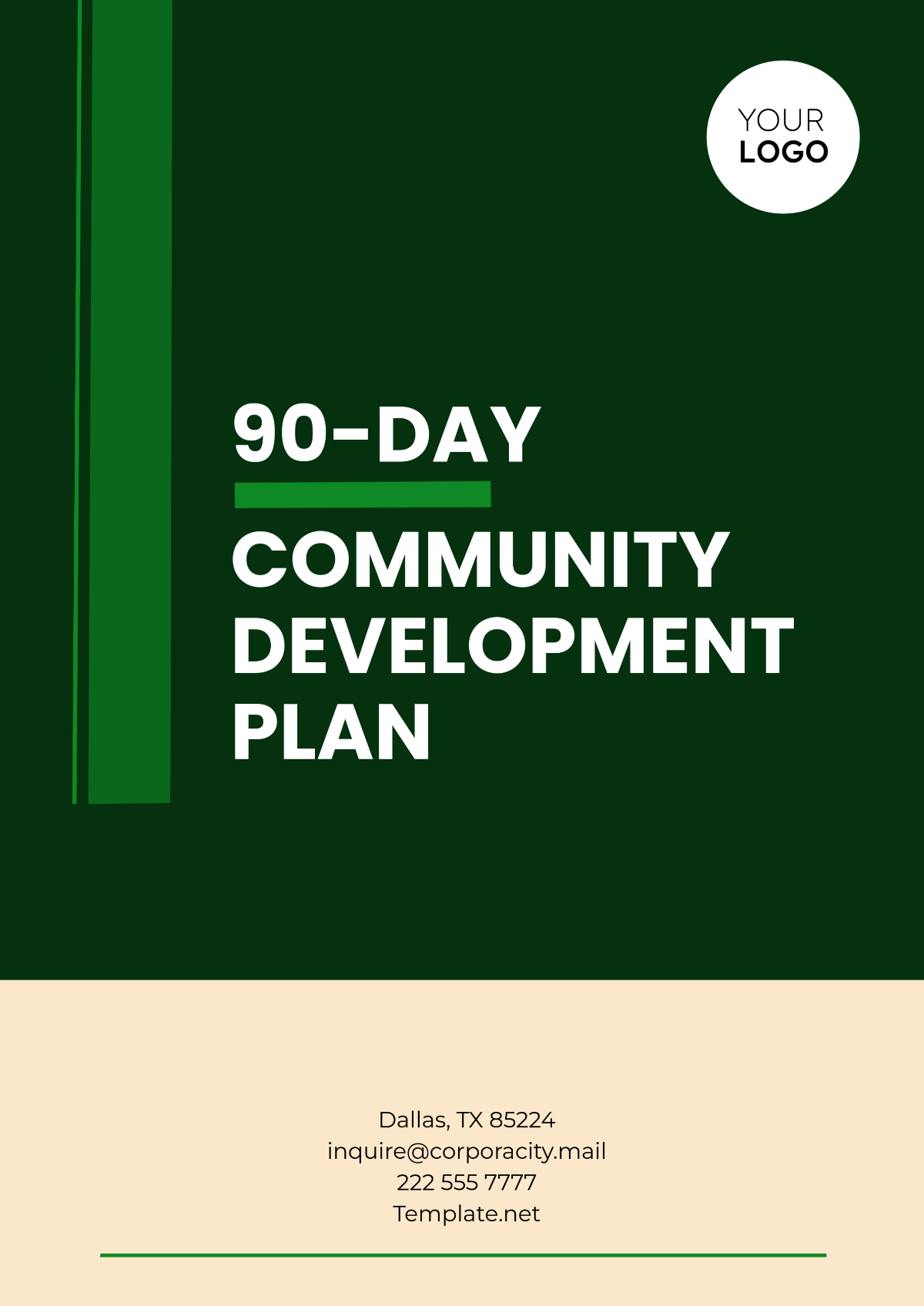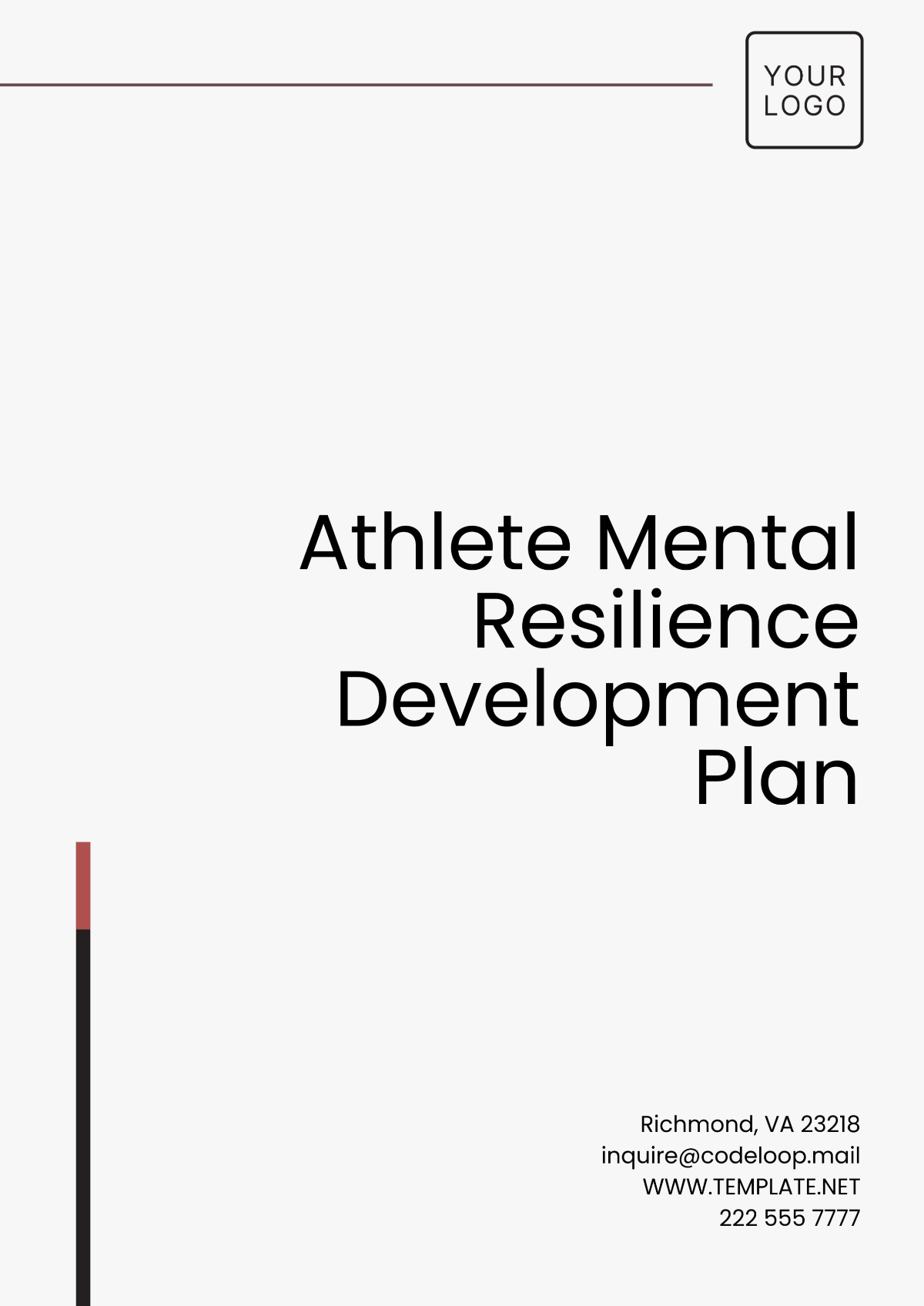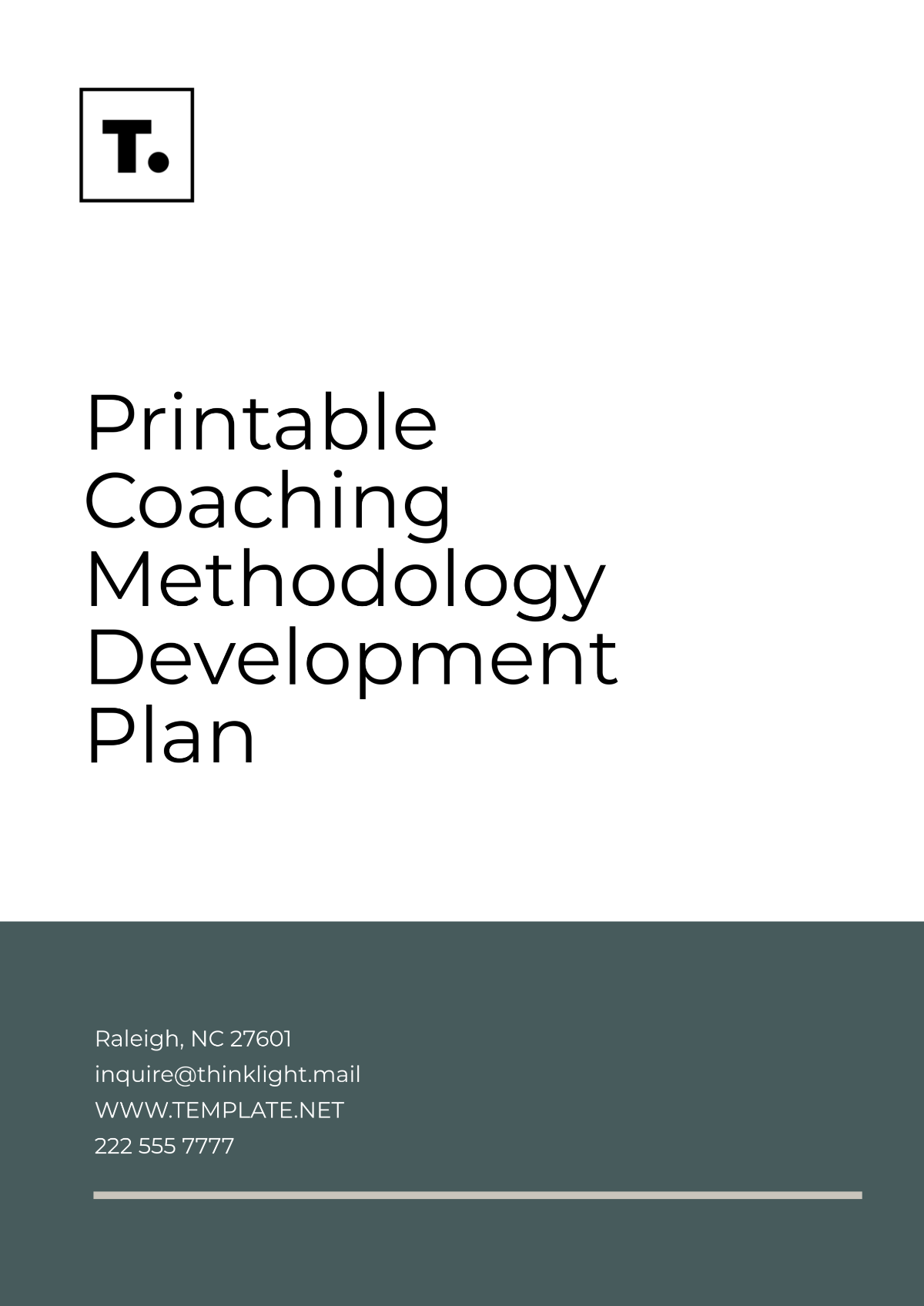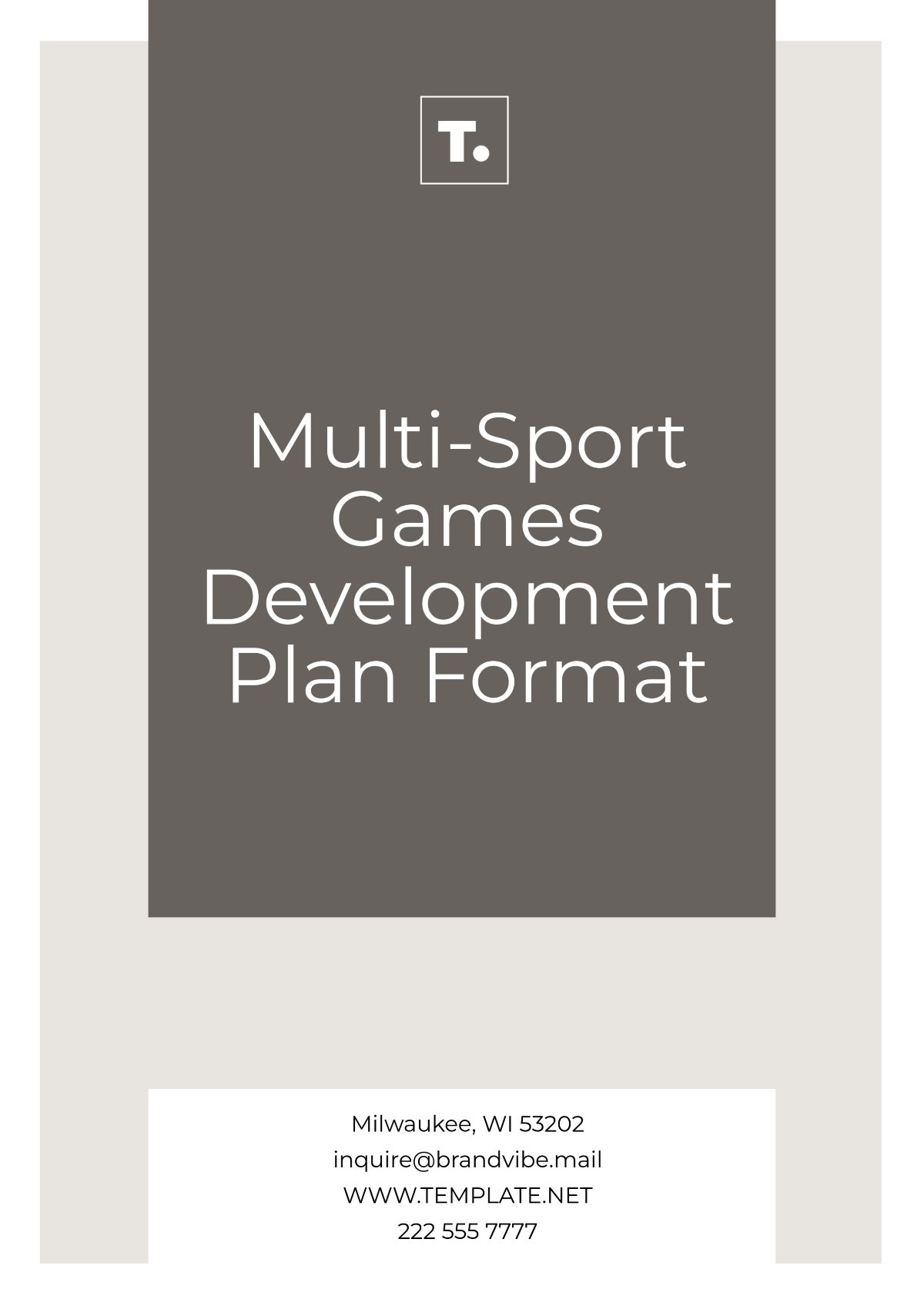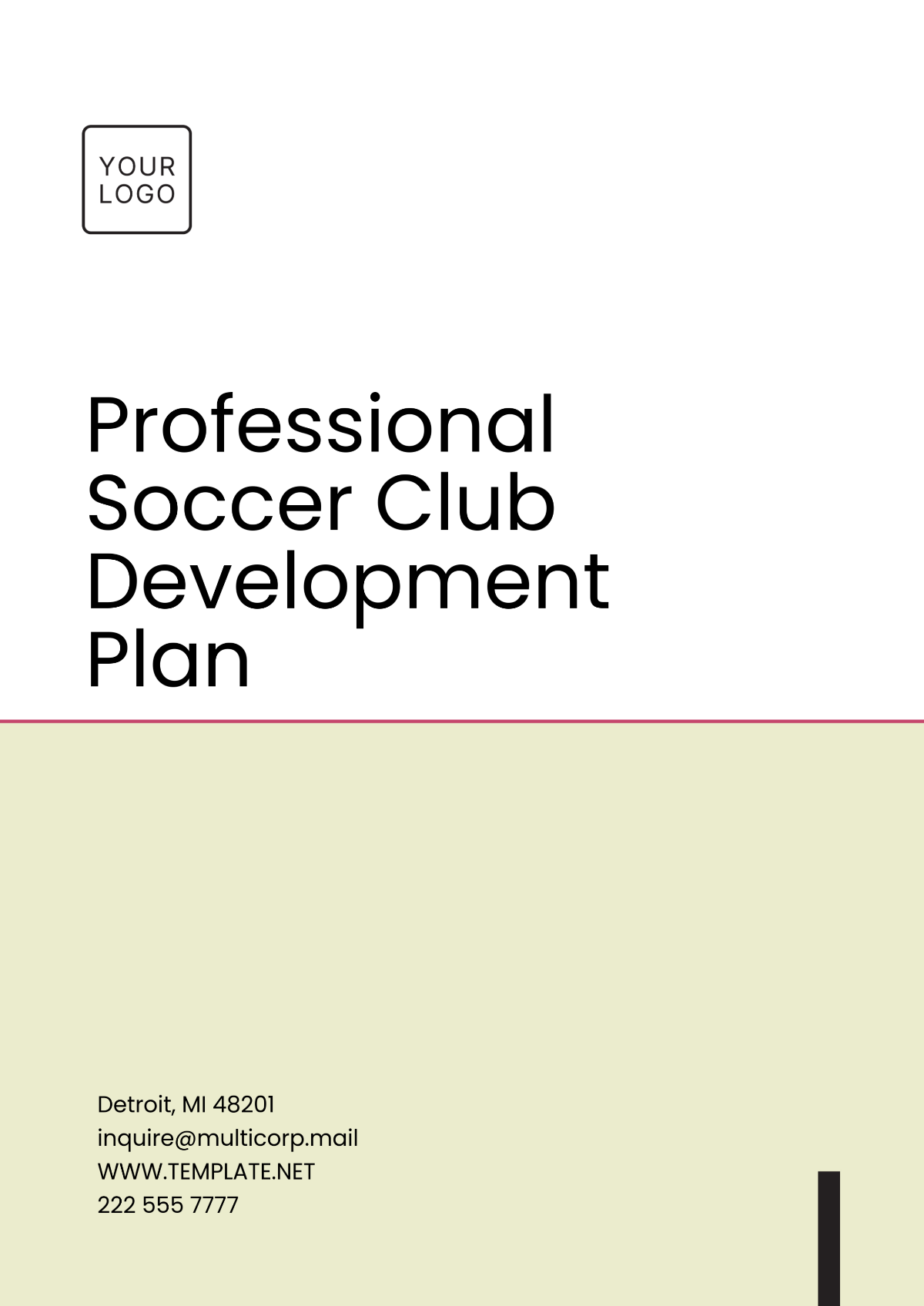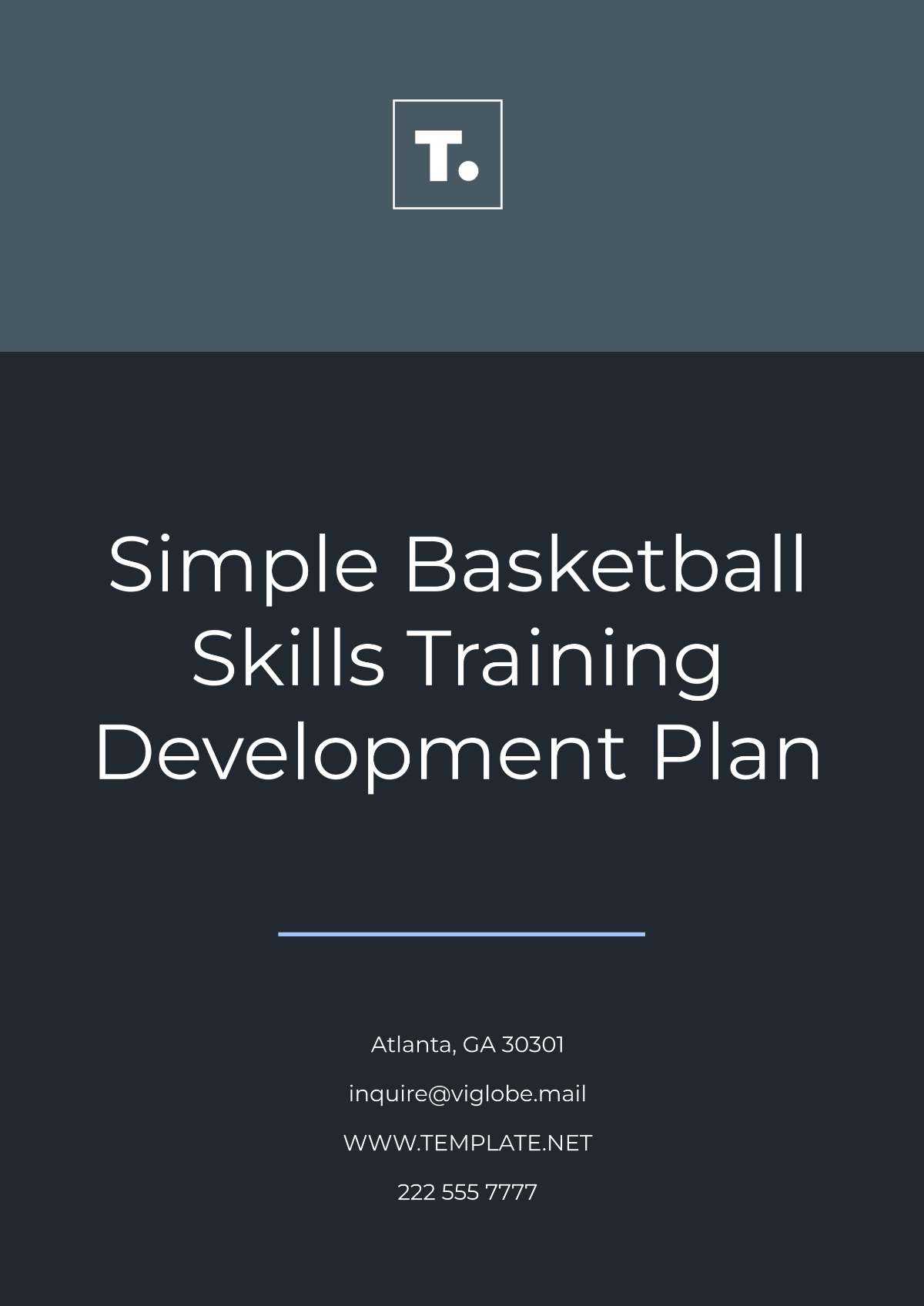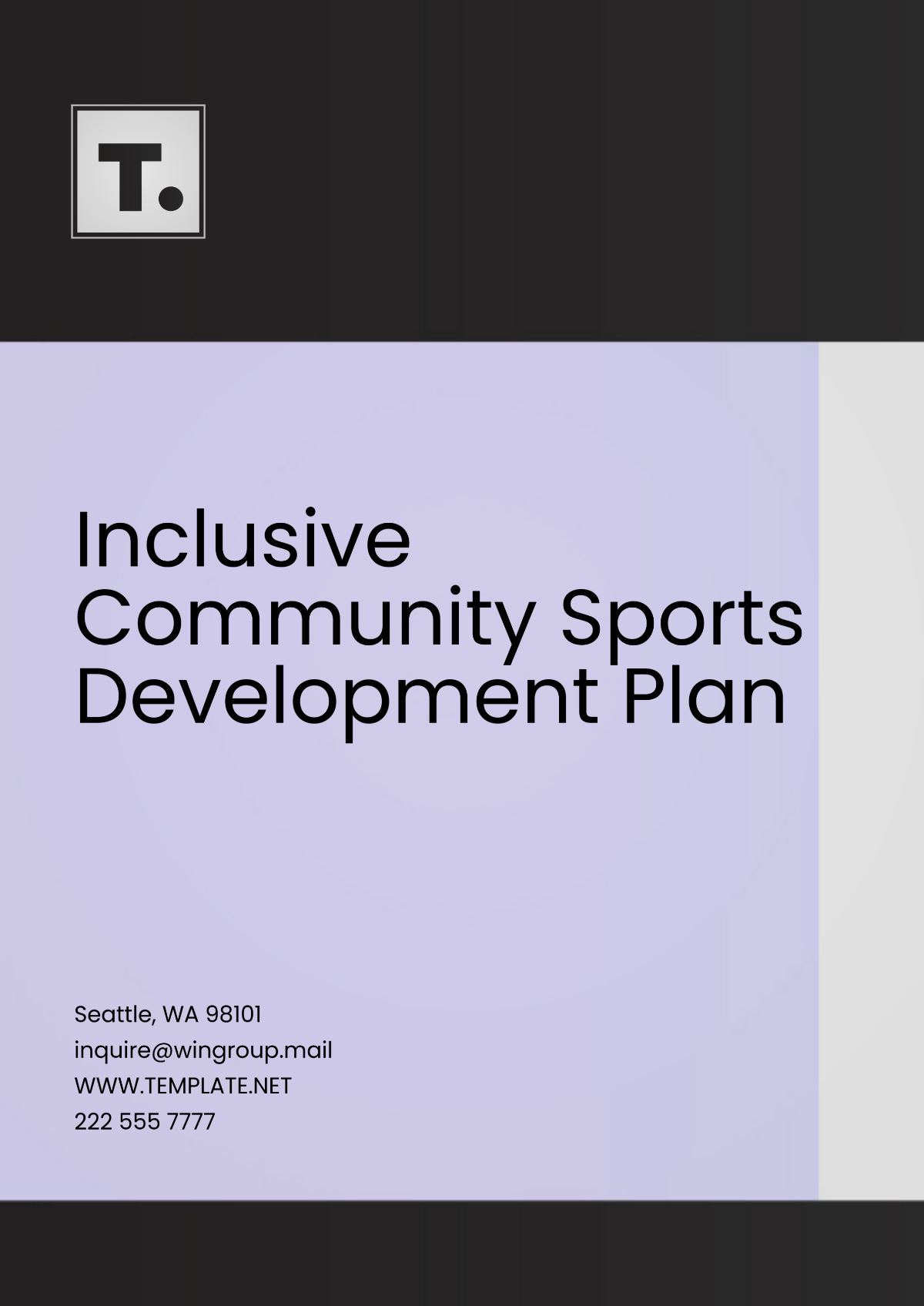Simple Basketball Skills Training Development Plan
Prepared by: [Your Name]
Date: October 26, 2050
1. Introduction
Basketball is a dynamic and multifaceted sport that demands a blend of physical prowess, cognitive agility, and technical mastery. This development plan provides a structured and holistic approach to enhancing basketball skills for players of all ages and proficiency levels. The ultimate goal is to systematically develop individual and team abilities, fostering continuous improvement in key areas of the game while promoting teamwork and sportsmanship.
2. Assessment of Current Skills
A. Initial Evaluation
A thorough initial assessment is critical to identifying each player's current abilities and areas for improvement. This evaluation will focus on fundamental skills, including shooting, dribbling, passing, defense, and court awareness. The assessment will use quantitative and qualitative metrics to ensure accuracy.
Skill Area | Evaluation Criteria | Score (1-10) | Comments |
|---|---|---|---|
Shooting | Accuracy, Form | ||
Dribbling | Ball Control, Speed | ||
Passing | Precision, Decision Making | ||
Defense | Positioning, Steals |
B. Individual Performance Analysis
Using the evaluation results, a detailed analysis of each player's strengths and weaknesses will be conducted. This analysis will inform the creation of tailored training objectives and exercises to maximize player development.
3. Training Objectives
Training objectives are crafted to target specific areas for improvement. They are designed using the SMART criteria to ensure they are Specific, Measurable, Achievable, Relevant, and Time-bound.
Short-Term Objectives:
Improve shooting accuracy by 20% within three months.
Enhance dribbling effectiveness in high-pressure situations.
Increase defensive efficiency by focusing on footwork and positioning.
Long-Term Objectives:
Develop advanced court awareness to make strategic decisions during gameplay over one year.
Achieve versatility to contribute effectively in multiple positions.
Build endurance and strength to maintain performance throughout games.
4. Training Plan and Methodology
A. Weekly Training Schedule
Day | Focus Area | Exercises |
|---|---|---|
Monday | Shooting | Form Shooting Drills, Shooting on the Move |
Tuesday | Physical Fitness | Strength Training, Endurance Workouts |
Wednesday | Dribbling | Basic Ball Handling, Cone Dribbling, Dribble Relays |
Thursday | Passing | Precision Passing Drills, Passing Under Pressure |
Friday | Defense | Defensive Slides, One-on-One Defense |
Saturday | Game Situations | Scrimmages, Scenario Drills |
Sunday | Rest & Recovery | Light Stretching, Yoga |
B. Methods and Techniques
Video Analysis: Use video recordings to provide personalized feedback, enabling players to visualize areas for improvement.
Technology Integration: Leverage shot-tracking apps, wearable fitness trackers, and analytics tools to monitor progress.
Strength and Conditioning: Incorporate exercises focusing on agility, endurance, and core strength to enhance overall physical performance.
Simulation Drills: Design game-like scenarios to improve decision-making, reaction time, and adaptability.
5. Psychological and Mental Training
Basketball is as much a mental game as a physical one. Incorporating psychological training can help players build resilience and confidence.
Visualization Techniques: Train players to mentally rehearse successful plays and strategies.
Mindfulness Practices: Introduce mindfulness and breathing exercises to enhance focus under pressure.
Team Building Activities: Encourage camaraderie and trust through group activities and discussions.
6. Nutrition and Recovery
Proper nutrition and recovery are integral to performance and development. Guidelines include:
A balanced diet with adequate protein, carbohydrates, and fats.
Hydration strategies before, during, and after games.
Recovery techniques such as foam rolling, ice baths, and adequate sleep.
7. Monitoring and Evaluation
Progress Tracking
Conduct bi-monthly skill assessments to measure progress against objectives.
Use performance data from practice sessions and games to adjust training strategies.
Feedback Mechanisms
Implement structured feedback sessions, combining self-assessment and coach observations.
Set actionable goals during feedback sessions to maintain motivation and focus.
8. Injury Prevention and Management
Preventing injuries is crucial for maintaining long-term player participation and development:
Emphasize proper warm-ups and cool-downs before and after sessions.
Educate players on recognizing early signs of overuse injuries.
Ensure access to appropriate medical care and physiotherapy when needed.
9. Conclusion
This Basketball Skills Training Development Plan is designed to foster holistic growth in players, emphasizing physical skills, mental resilience, and strategic understanding of the game. By adhering to structured training objectives, leveraging advanced methodologies, and prioritizing player well-being, this plan aims to empower athletes to reach their full potential and thrive both as individuals and team contributors.
